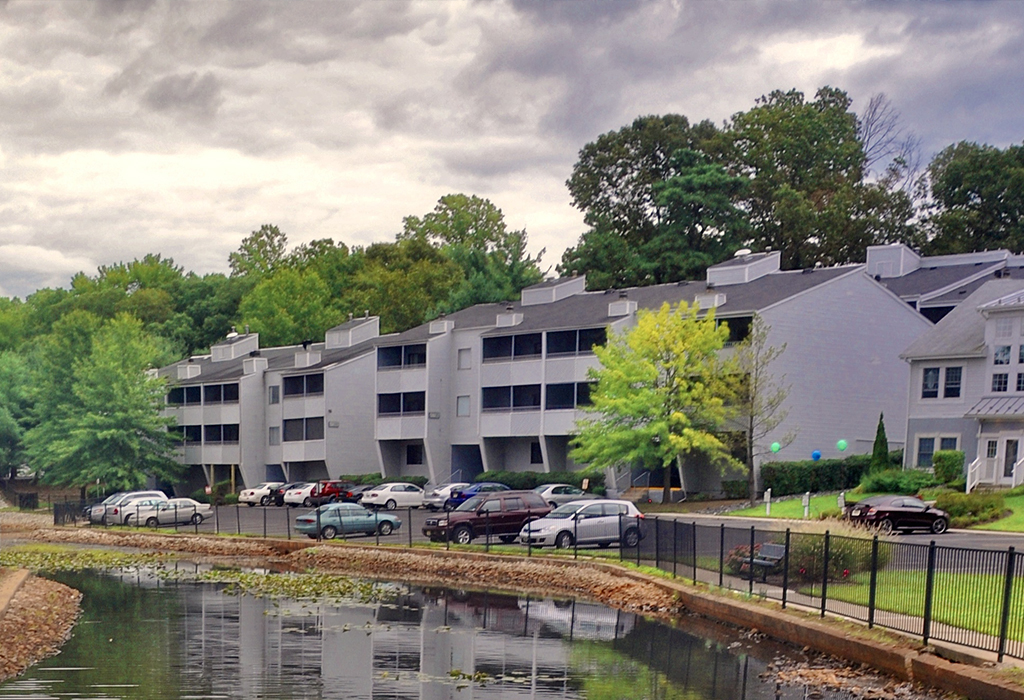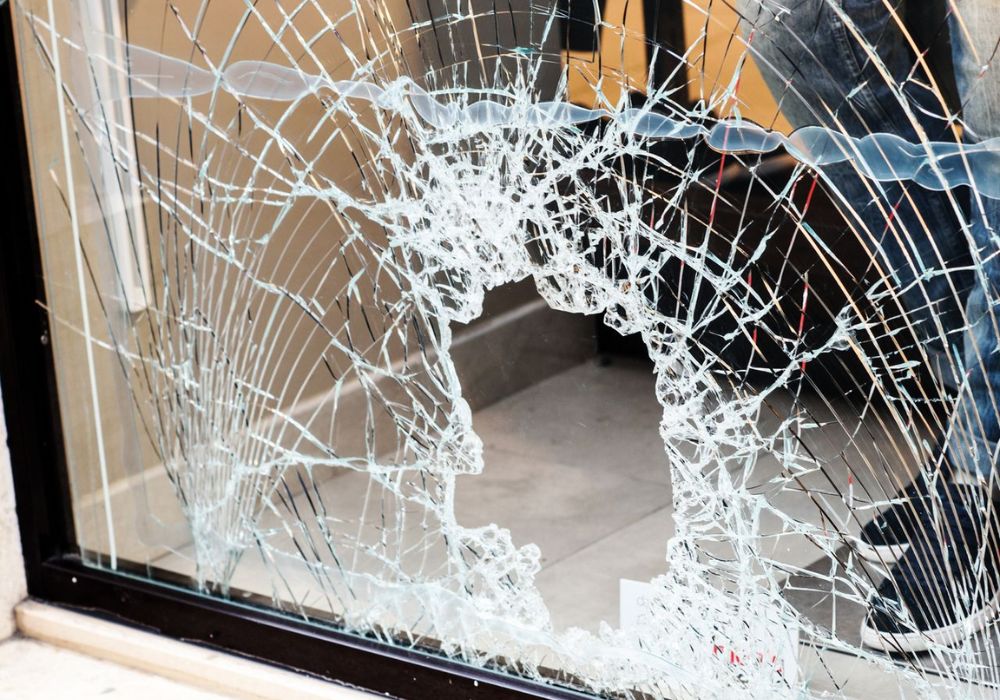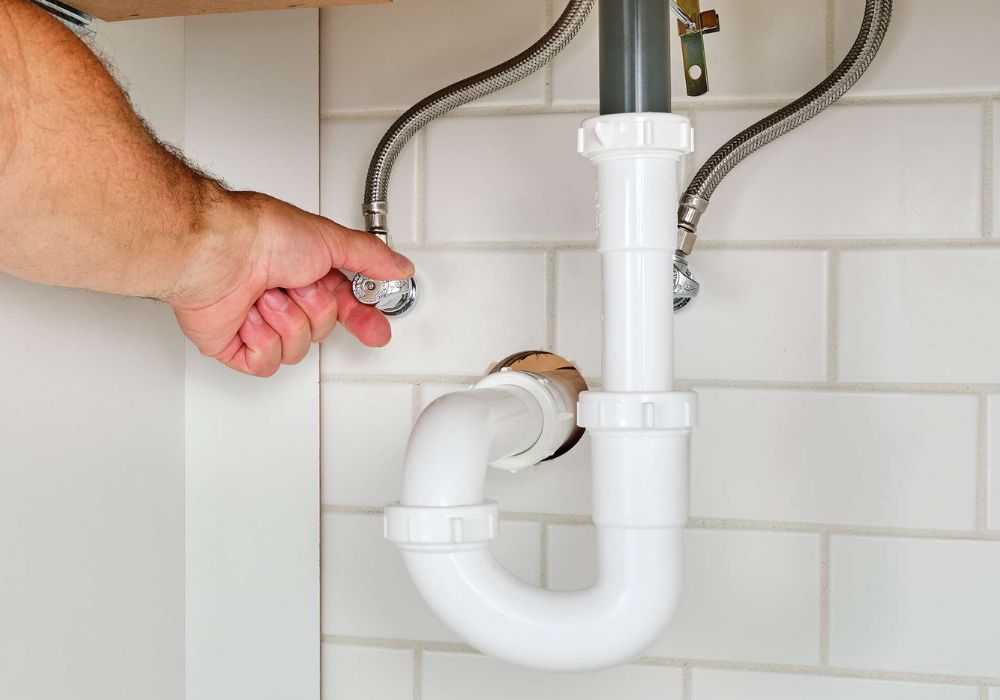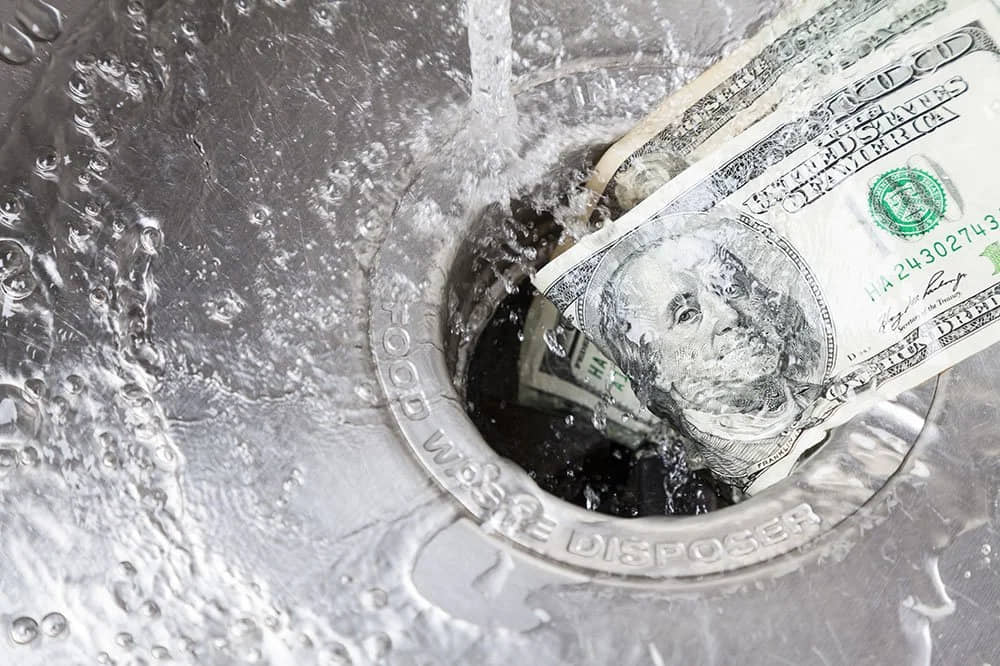As a landlord, it is important to understand how long common appliances are expected to last so you can plan for when replacements may be needed. Providing working appliances is part of maintaining a comfortable living space for tenants. However, appliances eventually reach the end of their usable lifespan.
This article will explore how long various appliances typically function before needing to be replaced, as well as tenants' rights regarding repairs and replacements.
What is considered the end of an appliance's lifespan?
According to experts, landlords should replace appliances when they have reached the end of their lifespan or are close to doing so. Most major appliances like refrigerators, dishwashers, and ovens typically last between 10-15 years with regular use before needing to be replaced.
At this point, they are more likely to experience frequent breakdowns that are costly to repair. It is best for landlords to plan replacements once appliances hit the 10-15 year mark to avoid disrupting tenants with non-working appliances.
Should appliances be replaced before a new tenant moves in?

Yes, it is recommended that landlords replace or repair any old appliances before a new tenant moves into a rental property. Welcoming tenants into a home with outdated or broken-down appliances leaves a negative impression. It also means the landlord risks having to replace appliances suddenly if breakdowns happen shortly after a new tenant arrives.
Proactively replacing aging appliances makes the rental more appealing to potential tenants looking for hassle-free living.
How long can a tenant be without an appliance after reporting an issue?
If a tenant reports an appliance breakdown, most experts agree landlords should address it immediately. The average time frame landlords have to complete repairs is between 5-30 days, according to standards in different states. Any longer without a working appliance places an undue burden on tenants.
Landlords need to prioritize repairs so tenants' basic appliance needs are met in a reasonable window of time.
What types of minor repairs are typically not the landlord's responsibility?
According to rental laws, landlords are typically not responsible for minor cosmetic or accidental repairs like fixing dents/scrapes on walls or surfaces. Running toilets, dripping faucets, stained bathtubs are also usually the tenant's responsibility unless due to normal wear and tear.
Landlords also do not need to address basic plumbing issues, dead smoke detector batteries, or minor pest problems caused by tenant cleanliness issues. However, tenants can request the landlord help with fixes by paying added fees.
How long do different appliances typically last?
According to expected lifespans, kitchen stoves usually last 13-15 years, refrigerators 10-15 years, dishwashers 10 years, and microwaves 7-10 years. Washing machines generally last the longest at 10-13 years. While some appliances may function past these times, especially high-quality brands, they are more likely to experience breakdowns.
Landlords should plan major replacements when appliances hit the upper limits of these timeframes. Regular professional maintenance can extend usability.
How quickly should landlords address important repairs?
For critical issues like gas leaks, electrical problems or broken heating/cooling, landlords are expected to make repairs as soon as possible, generally within 3-7 days. Other less urgent repairs may take up to 30 days to complete according to some state laws.
But non-critical repairs should still be addressed promptly to avoid stressing tenants or causing additional damage. Proper documentation of repair requests and responses is also wise for landlords.
Who To Call When The Landlord Doesn't Make Repairs
In challenging repair situations, tenants have resources beyond the landlord for assistance. Local code enforcement, housing authorities, and legal aid offices can advise tenants on their rights and whether violation notices need to be issued to non-compliant landlords. Documentation of maintenance requests and timelines is important for demonstrating landlord negligence if further action becomes necessary.
Related: Who To Call When Your Landlord Won't Fix Things?
Conclusion
By understanding typical appliance lifespan expectations and repair turnaround times, landlords can stay compliant and avoid unnecessary tenant disputes. Replacing major appliances every 10-15 years and addressing issues promptly helps provide a comfortable living environment.





